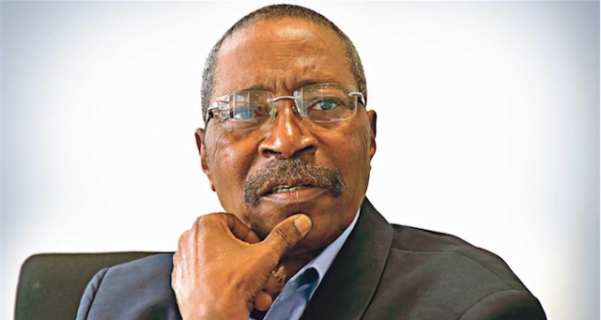On Monday, Parliament approved the proposed Law on the Special Regime of Justification of Deaths Occurring as a Result of Political Conflicts, with 188 votes in favour, seven abstentions by CASA-CE and no votes against.
The proposal aims to speed up and simplify the registration of deaths and the issue of death certificates for victims of political conflicts in Angola, dispensing with recourse to the courts.
This law corresponds "to one of the principles that the foundation defended and defends, in order to give legal support to the victims of May 27," said Silva Mateus.
"Since that event 43 years ago, there has never been a document that legalized the 'disappearance' as they say," stressed the responsible.
For Silva Mateus, it will be "a relief" for many families to obtain "a tacit and de facto recognition that her brother, her son, her husband, has not disappeared.
The 27 de Maio Foundation estimated that in the period of the so-called "fractionism", in which there was an attempted coup d'état led by the leader of the Popular Movement for the Liberation of Angola (MPLA), Nito Alves, in May 1977, 80 thousand people lost their lives, "some involved, and others caught in the wind of history", although the MPLA Government points to about 30 thousand deaths.
Emphasizing that the proposed law satisfies the "wishes" of the foundation, Silva Mateus stressed that "it will be possible to obtain death certificates and many of the young people who, at the time, were registered without parents or have the names of their grandparents, and others who remain unregistered, will be able to do so, to have their parents in their identity documents".
In addition to the opportunity given to families to apply for the certificates, entities such as the 27 de Maio Foundation will also be able to do so.
"We will also be able to apply for certificates from individuals who stood out at the time, who had power in the apparatus of the state and the armed forces and who have no relatives, to get a rough idea of how many people actually died," he told Lusa.
Silva Mateus admitted that other Portuguese law organizations such as the 27 de Maio Association and the M27 will also do so.
"We're going to review the whole history of the people who were in the State apparatus, in the Government, in the Armed Forces" and various political formations at the time, to "see who disappeared and only after that will we have an exact idea of the names", he said.
The process will, however, have some difficulties.
"We have individuals who are only now getting to know the official names. At the time they were just guerrilla names and that will make it difficult to identify, it will take some time", Silva Mateus indicated.
The approval of the law is part of the implementation of the Plan of Reconciliation in Memory of Victims of Political Conflicts that occurred between 11 November 1975 and 4 April 2002.







